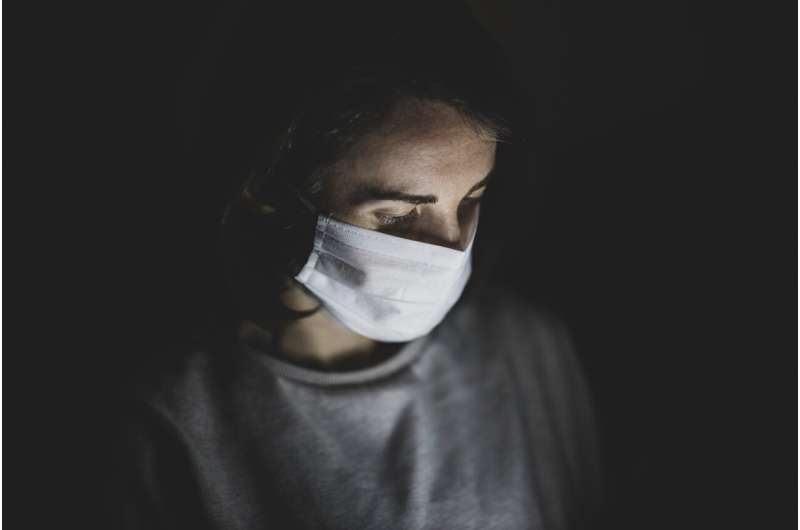This article has been reviewed according to Science X's editorial process and policies. Editors have highlighted the following attributes while ensuring the content's credibility:
fact-checked
peer-reviewed publication
trusted source
proofread
Researchers find vaccine may reduce severity of long-haul COVID symptoms

Getting a COVID-19 vaccine may not only reduce a person's risk of getting long-haul COVID, but also could mean fewer symptoms for people who develop the condition.
Mayo Clinic researchers discovered that long-haul COVID patients who were vaccinated before contracting the virus were less likely to experience symptoms such as abdominal pain, chest pain, dizziness, and shortness of breath, according to a study published in the Journal of Investigative Medicine. The study is believed to be among the first to examine COVID-19 vaccines' potential to reduce long-haul COVID symptoms.
"These results were quite surprising to us," says Greg Vanichkachorn, M.D., medical director of Mayo Clinic's COVID Activity Rehabilitation Program and the study's lead author. "This study shows that vaccines can be really important for long-haul COVID and can help reduce the severity of the condition."
Since 2020, there have been more than 768 million confirmed cases of COVID-19 globally, according to the World Health Organization. Of those infected, an estimated 20% younger than 65 and 25% over 65 will go on to develop post-COVID-19 conditions, also known as long-haul COVID-19. Symptoms can include fatigue, shortness of breath, difficulty concentrating, chest pain and abdominal pain.
The study involved 477 patients who sought treatment for long-haul COVID at Mayo Clinic between May 27, 2021 and July 26, 2022. Slightly over half of the patients had received a COVID-19 vaccine prior to contracting the virus. The study found that vaccinated patients were half as likely to experience abdominal pain as compared to unvaccinated patients.
Vaccinated patients were also less likely to report other symptoms including loss of smell, chest pain, dizziness, numbness, shortness of breath, tremors and weakness. There was no significant difference between vaccinated and unvaccinated patients in reports of fatigue, muscle pain and tachycardia, or irregular heartbeat.
Dr. Vanichkachorn says more research will help scientists understand how the COVID-19 vaccine affects long-haul COVID symptoms—especially with newer virus variants.
"It has been three years since we first started working with patients who have long COVID," Vanichkachorn says. "We need more research to get an understanding of what is going on at the cellular level to cause these symptoms. If we can better understand that it will hopefully bring about new treatments for long-haul COVID."
More information: Greg Vanichkachorn et al, Potential reduction of post-acute sequelae of SARS-CoV-2 symptoms via vaccination, Journal of Investigative Medicine (2023). DOI: 10.1177/10815589231191812




















